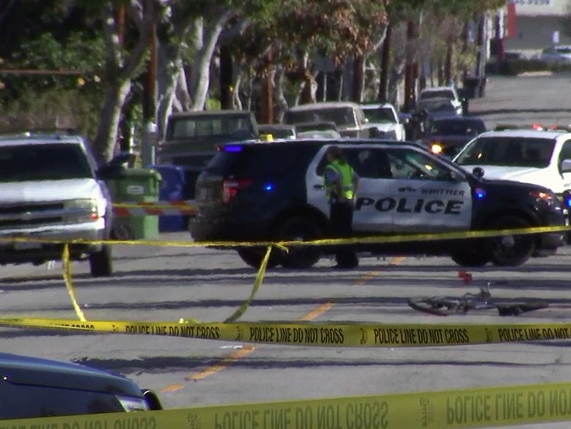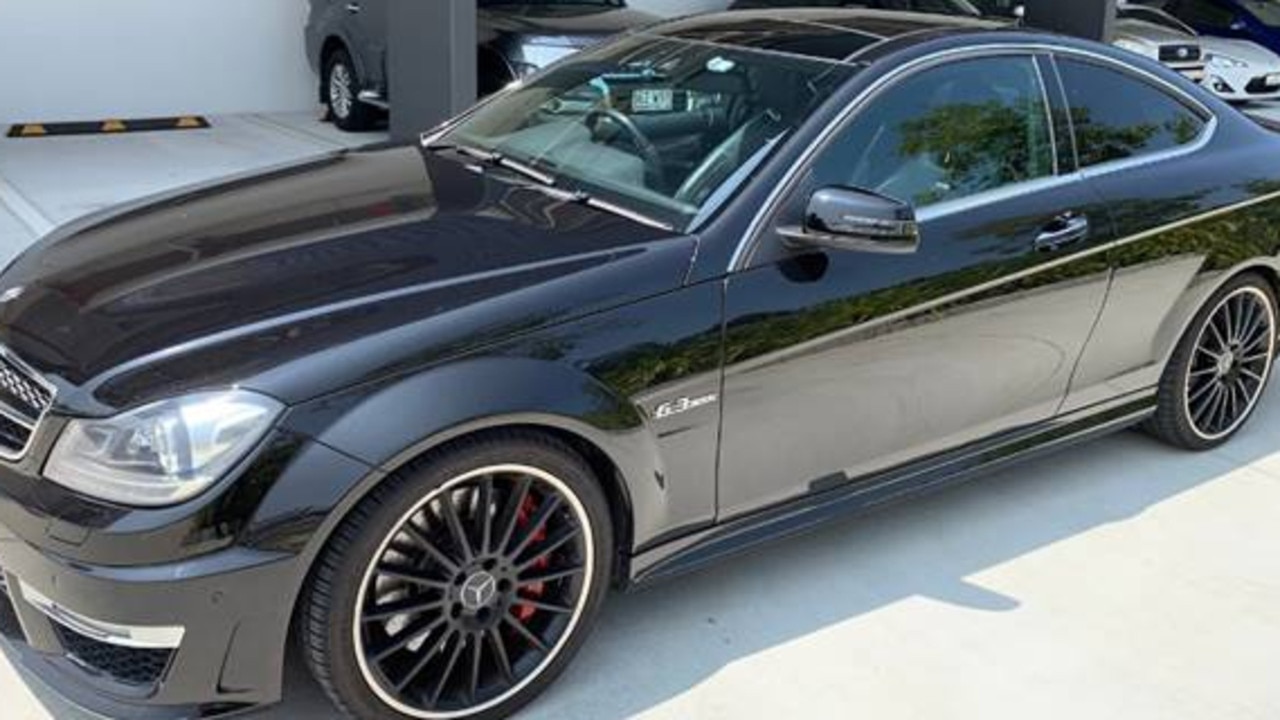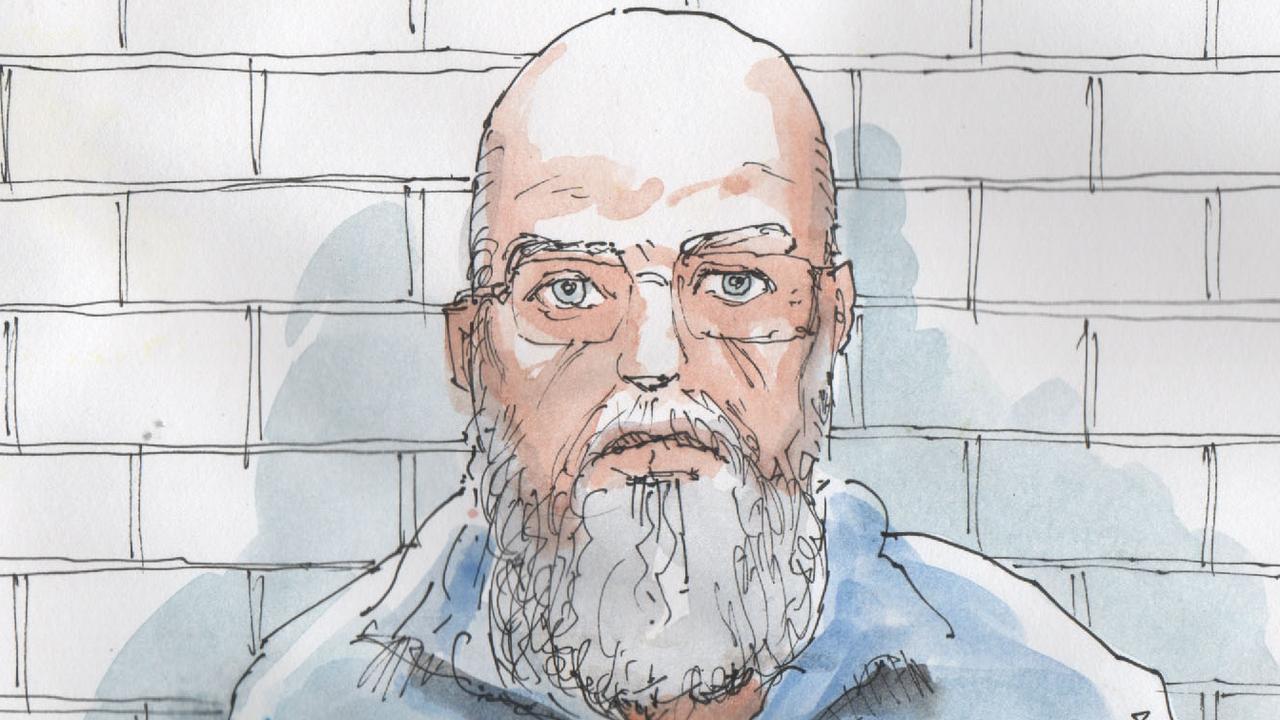FBI Fugitive found in Adelaide: Andrea Dorothy Chan Reyes is eligible for extradition, magistrate rules
An American businesswoman captured in Adelaide by the FBI can be extradited to face trial over a Californian fatal hit-and-run of a cyclist, a magistrate has ruled.
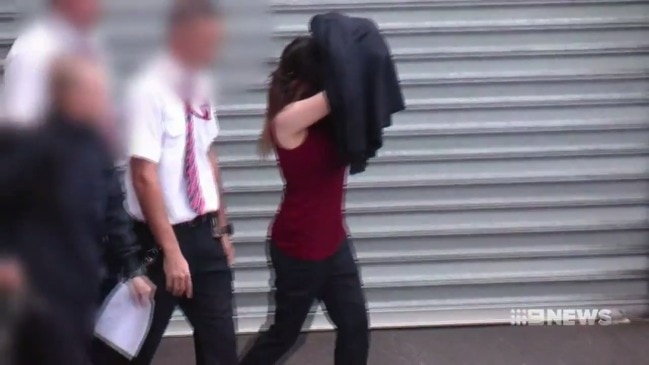
Law and Order
Don't miss out on the headlines from Law and Order. Followed categories will be added to My News.
- Caught by FBI in Adelaide, now fugitive’s bid for bail
- Andrea Chan Reyes to fight FBI extradition
- Fugitive planning to settle in Adelaide when FBI pounced
- The FBI’s global chase for California fugitive businesswoman
- World exclusive: LA hit-run fugitive found by FBI in Adelaide
An American businesswoman captured in Adelaide by the FBI can be extradited to face trial over a Californian fatal hit-and-run of a cyclist, a magistrate has ruled.
Andrea Dorothy Chan Reyes, 33, was on Friday formally refused bail and ordered to surrender to US authorities, more than two years after she allegedly fled Los Angeles.
The legal ruling paves the way for the Filipino-born accountant to be prosecuted over the “vehicular manslaughter” of father of four Agustin Rodriguez Jr, 46, who was dragged 270m in suburban LA on January 30, 2017.
She faces at least 11 years in jail if found guilty.


She has 15 days to appeal to the federal Attorney-General, who will then consider whether to authorise her extradition over the coming months.
The Advertiser revealed how the Federal Bureau of Investigation tracked Chan Reyes, who has multiple aliases, to temporary North Adelaide accommodation last year.
In a judgment published on Friday, Magistrate David McLeod ruled there was enough evidence to find the accused, who has “complex” mental health problems including borderline personality disorder, was “eligible” for extradition but refused her bail.

Finding there was no “special circumstance” to release her from Adelaide Women’s Prison — where she has remained since her arrest on April 17 last year — he ruled she was a “flight risk”.
“She contends that she is not a flight risk and that to hold her in custody would result in a serious deterioration of her health,” he said.
“Her evidence is that rather than seeking to elude authorities, her actions in leaving the US on 4 February 2017 — some five days after the accident — to travel to Hong Kong and then later to Australia were connected with first looking after her ailing mother … and then related to work and pursuing relationships.”
Chan Reyes, who claims to be a fraud security expert, was living with her new SA-born fiance, Paul Blair, 38, when Australian Federal Police agents swooped on their North Adelaide Airbnb apartment.
WEB OF SECRETS: FOLLOW THE TRAIL
She was rushed to the Royal Adelaide hospital with self-inflicted injuries, the Judgement found. The AFP officers were cleared of wrongdoing.
“While I accept that (Chan Reyes) and Mr Blair have established a genuine personal relationship, it remains open question whether (she) came to Australia for the legitimate purpose (of) seeking employment or as a way of further eluding or frustrating authorities by quickly establishing a relationship and putting down roots,” the magistrate concluded.
“I accept (she) suffers from a range of mental health issues … and that she is somewhat fragile.”
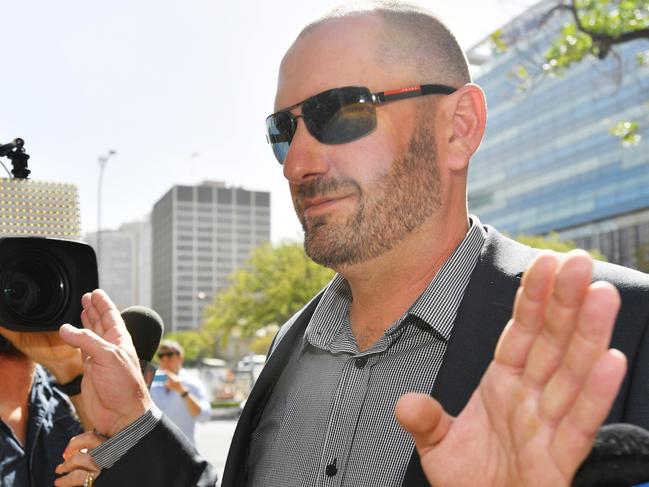
Her US lawyer, who acted as her referee, had told special agents from the FBI’s Los Angeles Field Office days earlier that she would “rather die” than surrender, according to law-enforcement documents.
Mr McLeod ruled the likelihood of this conversation being accurate was “enhanced” by her self-harming during her arrest and telling a pyscholigist she was “terrified of imprisonment”.
Mr Blair, who proposed to Chan Reyes shortly before her arrest while the pair travelled from Brisbane to Adelaide, had told the magistrate he planned to stand by her.
Chan Reyes smiled to him as she was led from the dock. Mr Blair refused comment outside court.
